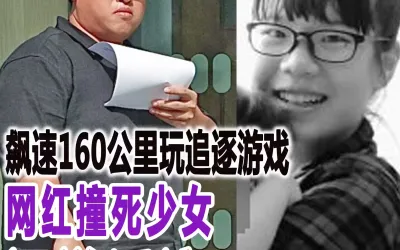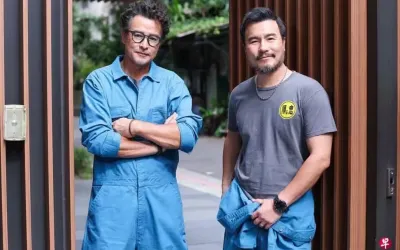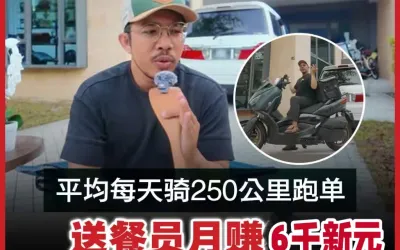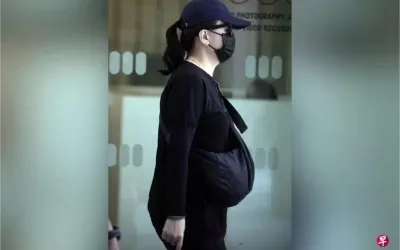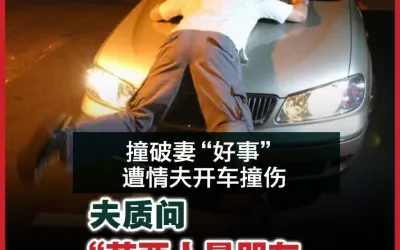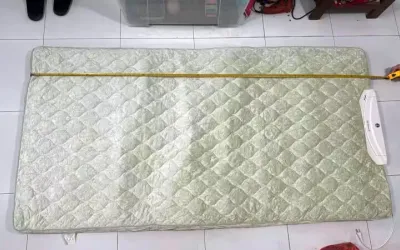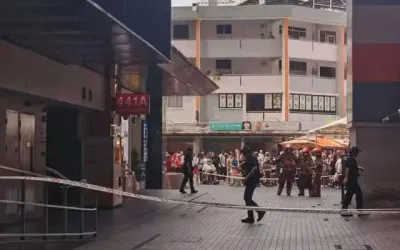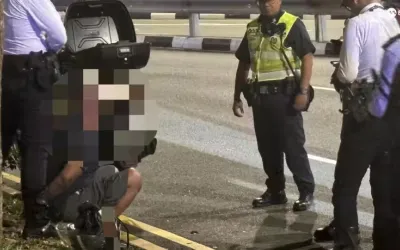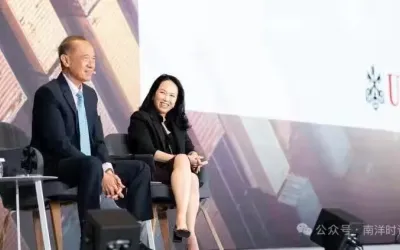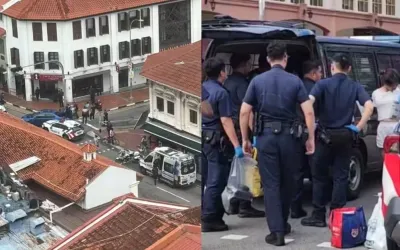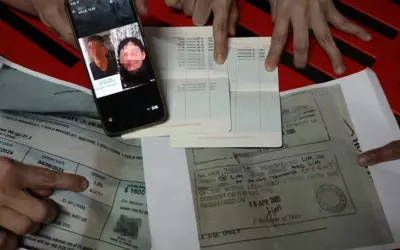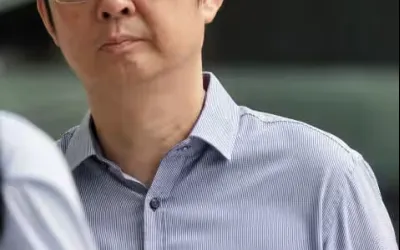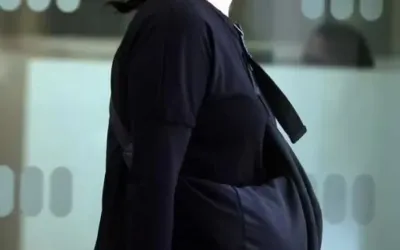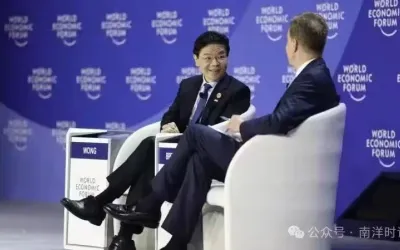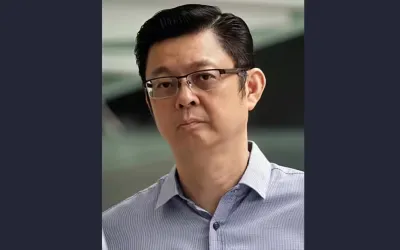Given the scale and complexity of our transportation system, how likely is MOT or the agencies able to find replacement leadership with the right capabilities at short notice to lead the designated entities out of trouble, especially since this industry only has a few big players? For example, SMRT, we know, took quite a few years with all hands on deck to get back to where they were. So, I would like the Minister to further clarify this part.
Mr Chee Hong Tat: Mr Speaker, this is where perhaps I could borrow a phrase from the healthcare sector. Prevention is better than cure. So, a lot of the things that we do before that extreme scenario happens is to really help us to mitigate the risks to prevent those risks from turning into an extreme scenario so that we can avoid going to this last resort, if possible.
But we still need to be ready in case those risks were to emerge, those extreme scenarios were to happen in future. We do not want to be caught unprepared. So, that is why we wanted to have this Bill, to be future-ready. But as I clarified earlier, the approach that we want to take is actually to work in close collaboration with our tripartite partners.
So, using SMRT as a good example, SMRT's reliability challenges were fixed and maintenance was improved, reliability improved, performance improved, not through the issuance of a Special Administration Order, but through the close collaborations among LTA, SMRT and NTWU, our union, working together, fixing the problems and it remains a continuous work in progress. So, that is still the preferred approach. We will use the Special Administration Order as a last resort. If we really need to do that, yes, it is there, but we would prefer not to go down that path. We would prefer to use prevention rather than cure.
Mr Speaker: Mr Saktiandi.
Mr Saktiandi Supaat: I would like to seek a clarification from the Minister. I am not sure whether I missed part of his closing speech. I actually asked a question about OSIR in connection with SIRA, which serves as a dedicated one-stop touchpoint to engage all stakeholders and address their concerns and minimise the impact on them. But for this Bill, it is very sectoral based. Will MOT actually utilise OSIR to handle stakeholder questions or concerns going forward or will there be a separate sectoral-based entity?
Mr Chee Hong Tat: Mr Speaker, the office is set up for SIRA because SIRA is a broad-based legislation covering across the economy, different sectors. In our case, because we have the sectoral authorities – CAAS, LTA, MPA – they will be the ones who will play the role of this office to deal with the respective firms within their sector.
HQ丨编辑
HQ丨编审
新加坡国会丨来源

